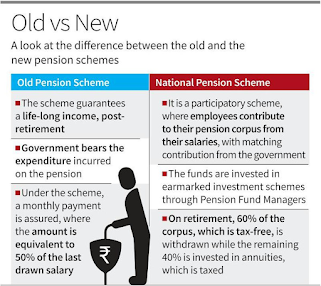Rahul Gandhi Arrested
On March 23, 2023, Rahul Gandhi, the former President of the Indian National Congress party, was arrested in Delhi on charges of defamation. The case was filed against him by a political rival, who accused him of making false and malicious statements about his character and business practices. The arrest has sparked controversy and debate, with many people questioning the motives behind it and the broader implications for free speech in India.
The case against Rahul Gandhi dates back to 2021, when he made a series of statements against a prominent businessman during a campaign rally in Uttar Pradesh. He alleged that the businessman had obtained government contracts through illegal means and had used his influence to evade taxes and cheat the public. The businessman, who is a member of the ruling party, denied the allegations and filed a defamation suit against Gandhi.
The case has been pending in the courts for over a year, with
both sides presenting their arguments and evidence. However, tensions escalated
recently when Gandhi made a statement outside the courthouse, accusing the
judiciary of bias and collusion with the ruling party. He also accused the
businessman of using his wealth and political connections to manipulate the
legal system and silence his critics.
These statements were deemed by the court to be contemptuous
and defamatory, and an arrest warrant was issued against Gandhi. He was taken
into custody by the Delhi police and is currently being held at a local jail.
His party has condemned the arrest as a political vendetta and a violation of
his fundamental rights.
The arrest of Rahul Gandhi has sparked a heated debate about
the state of free speech in India. Many people see it as an attempt by the
ruling party to silence its critics and suppress dissent. They argue that
defamation laws are often misused by powerful individuals to intimidate and
harass their opponents, and that the judiciary should be more vigilant in
protecting the right to free speech.
Others, however, argue that defamation laws are necessary to
protect the reputation and dignity of individuals, especially in cases where
false and malicious statements are made. They argue that Gandhi's statements
were not based on facts and that he had no evidence to support his allegations.
They also point out that the judiciary is an independent institution that
should be free from political influence or pressure.
Regardless of the merits of the case, the arrest of Rahul
Gandhi is a reminder of the challenges facing India's democracy. Free speech is
a fundamental right enshrined in the Indian constitution, but it is often under
threat from political and economic interests. The judiciary plays a crucial
role in upholding this right, but it must also ensure that its decisions are
impartial and fair.
As the case against Rahul Gandhi continues, it is important
for all sides to respect the rule of law and due process. The courts must
ensure that justice is done, and that the truth is upheld, without fear or
favor. And the people of India must continue to demand accountability and
transparency from their leaders, and to defend the values of democracy and free
speech.



News of the day
ReplyDelete